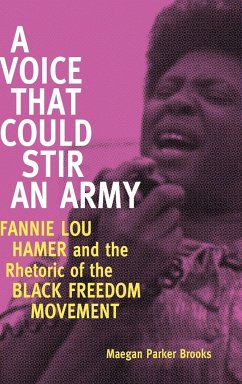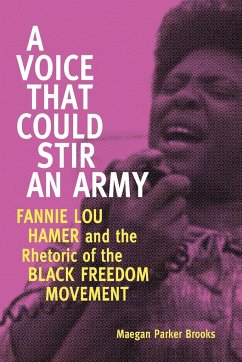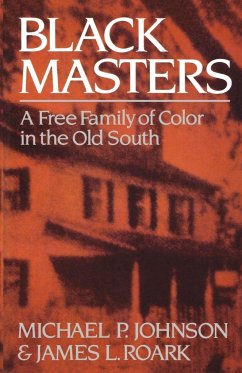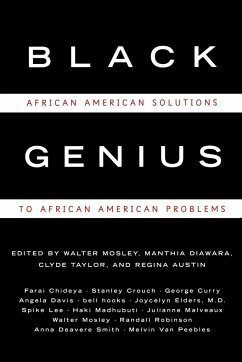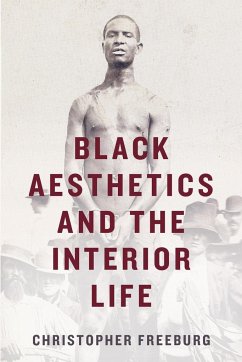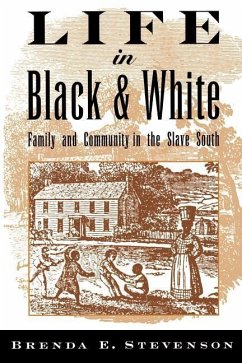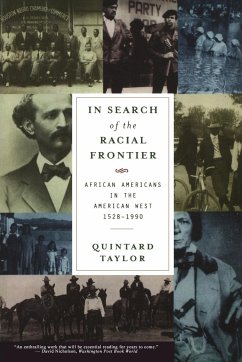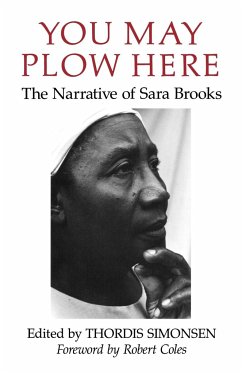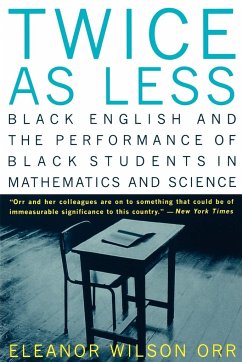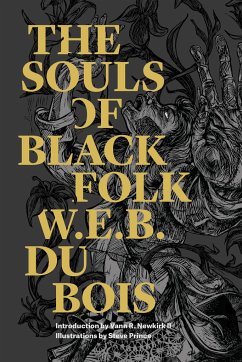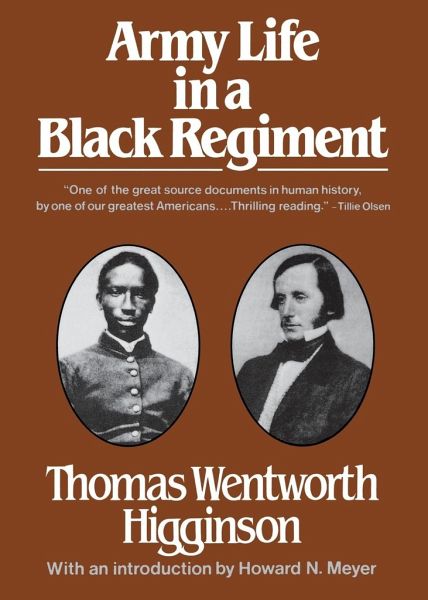
Army Life in a Black Regiment
Versandkostenfrei!
Versandfertig in 1-2 Wochen
20,99 €
inkl. MwSt.

PAYBACK Punkte
10 °P sammeln!
In 1862 military necessity enabled Secretary of War Edwin M. Stanton to pry from a hesitant President Lincoln the authority to enlist black troops in the Union army. The pioneer regiment of ex-slaves was to secure the beachhead tenously held at Beaufort, off the South Carolina coast. Within a year, Lincoln was to hail the enlistment of black soldiers, which he had earlier resisted as "revolutionary," as the "heaviest blow yet dealt the rebellion." The abolition of slavery, unthinkable in 1861, was to be inevitable by 1863. The commanding officer chosen for the First South Carolina Volunteers w...
In 1862 military necessity enabled Secretary of War Edwin M. Stanton to pry from a hesitant President Lincoln the authority to enlist black troops in the Union army. The pioneer regiment of ex-slaves was to secure the beachhead tenously held at Beaufort, off the South Carolina coast. Within a year, Lincoln was to hail the enlistment of black soldiers, which he had earlier resisted as "revolutionary," as the "heaviest blow yet dealt the rebellion." The abolition of slavery, unthinkable in 1861, was to be inevitable by 1863. The commanding officer chosen for the First South Carolina Volunteers was Thomas Wentworth Higginson, a militant human rights activist, writer and lecturer, and former Unitarian minister. "In all the land," writes the historian Ray Allen Billington, they "could have found no one better for this assignment." Higginson was an excellent strategist and administrator who combined firmness with warmth and charm. Closely watched in the nation's press by both friends and foes of the undertaking, he soon shaped a first-class regiment. Army Life in a Black Regiment is Colonel Higginson's stirring account of his two years at Camp Saxton, recording the immediate effect of a decision that proved crucial to our survival as a nation and that ultimately shaped constitutional history. It is both a literary masterpiece and a unique historical document.



